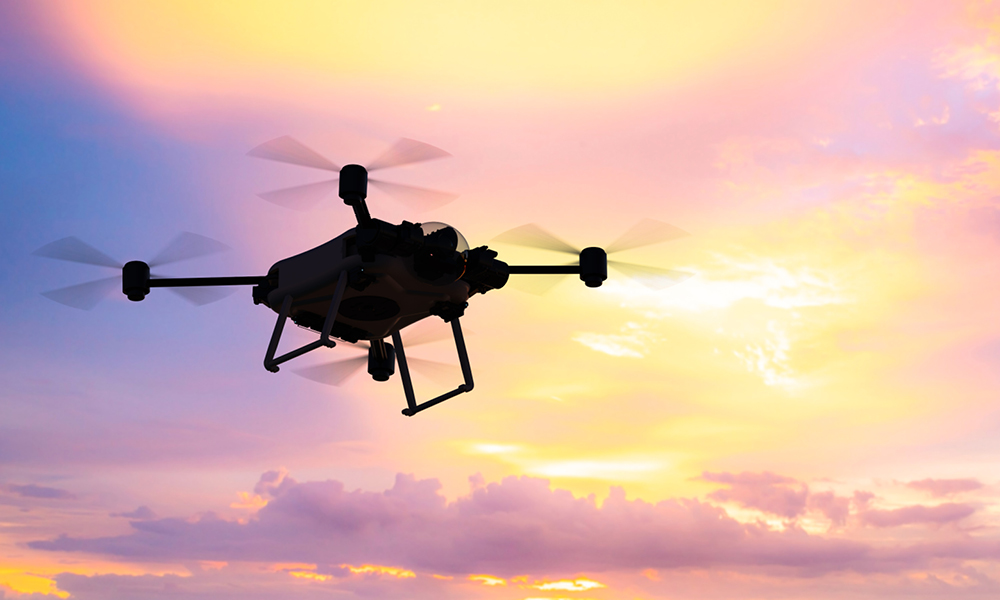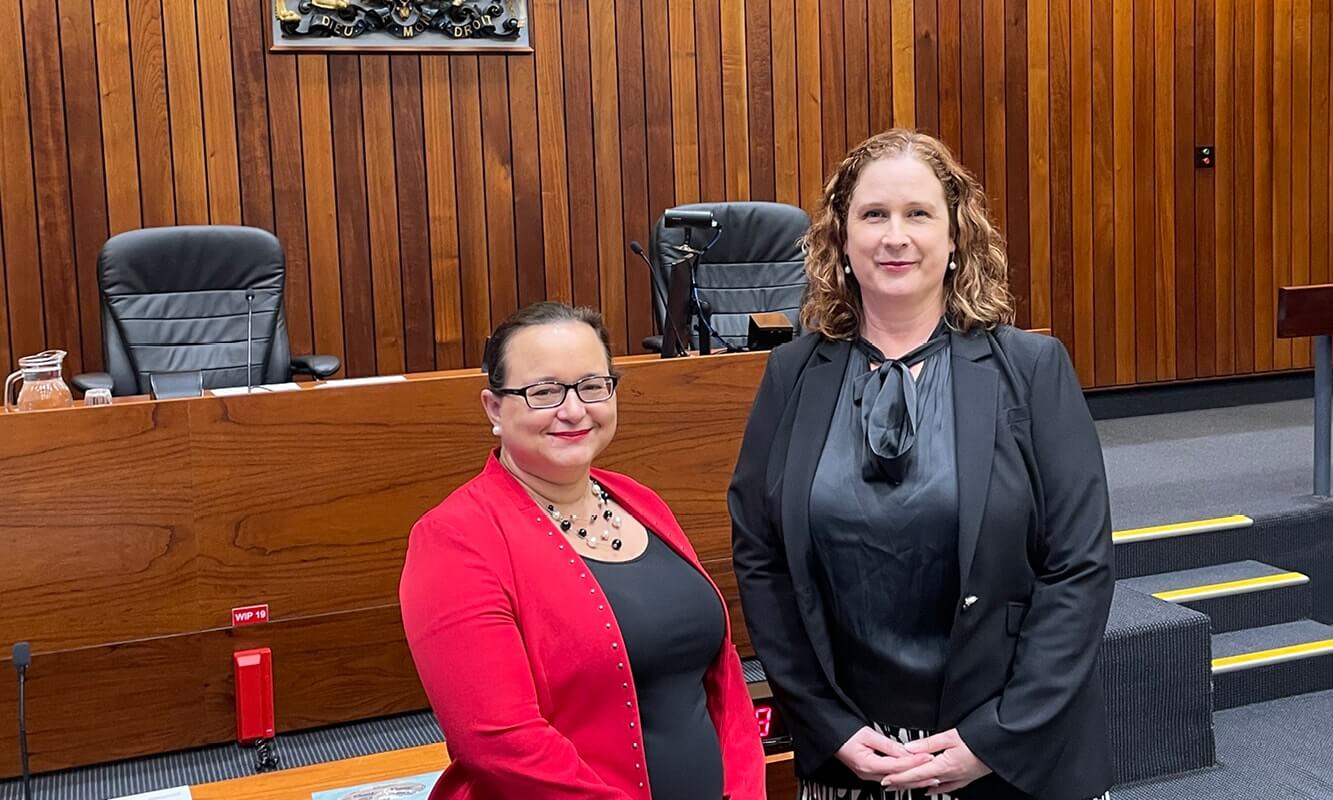Foreshadowed stronger privacy protections for civil surveillance technologies in Queensland could lead to changes in a range of widespread practices, including the recording of private conversations.
The Queensland Government announced prior to last month’s election that it would move to introduce new legislation to update Queensland’s current privacy laws in response to the now embedded use of surveillance technologies such as security cameras, digital recording devices and drones.
The move is in response to the Queensland Law Reform Commission (QLRC) ‘Review of Queensland’s laws relating to civil surveillance and the protection of privacy in the context of current and emerging technologies’ tabled in the Queensland Parliament on 29 June 2020.
Catalyst for reform – QLRC report
The QLRC report is the commission’s response to the 2018 referral by Queensland’s Attorney-General to review and investigate the issue of modernising Queensland’s law relating to civil surveillance and the protection of privacy in the context of current and emerging technologies. The commission was asked to recommend whether new legislation was required and to prepare draft legislation based on its recommendations.
A catalyst to the commission’s review was the acknowledgement of the limited scope of Queensland’s current legislative framework to regulate civil surveillance technologies with current legislation, including the Invasion of Privacy Act 1971 (Qld) (IoP Act) only regulating the use of listening devices and not extending to the regulation of other types of surveillance optical, tracking and data surveillance devices.
With this limitation, it leaves the task of the regulation of this issue to more general legislation, including the Information Privacy Act 2009 (Qld). This can be contrasted to most other Australian jurisdictions, where specific surveillance device legislation is in place and covers a range of surveillance devices.
Key recommendations and likely changes to Queensland surveillance law
The principal recommendation in the QLRC report is to repeal and replace the IoP Act with new legislation, the Surveillance Devices Bill 2020, which if enacted in its current form would see the implementation of significant reforms in Queensland and changes to current practices in the use of surveillance devices.
A key reform and change included in the draft Bill which is likely to have a significant impact to current practices in Queensland is the proposal to prohibit the use of surveillance devices unless an exception applies. This will mean that the use of listening devices to listen to, monitor or record a private conversation without the consent of each party to the conversation will be unlawful. This is a significant change to the regulation of listening devices in Queensland as the IoP Act generally permits a participant to a private conversation to record the conversation, even in the absence of consent.
While the draft Bill establishes a range of exceptions to allow for the use of surveillance devices, including listening devices, the position is that at first instance the use of a listening device to record a private conversation will be considered to be unlawful. Furthermore, the criminal sanctions proposed by the draft Bill extend to the possession, communication and/or publication of information obtained by surveillance devices.
Highlights of some of the other key reforms proposed by the draft Bill are:
- The draft Bill defines a ‘surveillance device’ as a listening device, an optical surveillance device, a tracking device, a data surveillance device or a device that is a combination of two or more of those devices which will capture a broad range of devices, significantly beyond the current devices subject to regulation in Queensland.
- Establishing a new independent regulator, the Surveillance Devices Commissioner and a Surveillance Device Commission, which will receive and deal with surveillance device complaints under the legislation, and provide guidance and monitoring on compliance with the general obligations and operation of the legislation.
- Imposing criminal prohibitions on the use, installation or maintenance of surveillance devices and prohibitions on the communication or publication of surveillance information and the possession of such information, subject to limited exceptions.
- Imposing a general civil obligation on a user of a surveillance device not to use the device in a way that interferes with an individual’s surveillance privacy where the individual has a reasonable expectation of surveillance privacy and has not consented to such use.
- An avenue for surveillance device complaints to be made to the Surveillance Device Commission and for unresolved complaints to be referred to the Queensland Civil and Administrative Tribunal.
Where to from here for the Surveillance Devices Bill 2020?
While the Queensland Government, in response to the tabling of the QLRC Report, has indicated that it will make changes to the existing legislative framework, there is no indication as to whether it will adopt the draft Bill in full in responding to these issues.
As to the final composition of any new legislative framework, this may not be known until after April 2021 as the Queensland Government has indicated that new laws in this area will also be informed by the commission’s review into workplace surveillance laws which is due on 30 April 2021.
However, as a first step in the reform process, the Queensland Government has indicated that it will undertake consultation with stakeholders on the commission’s recommendations.
This article appears courtesy of Clayton Utz. It has been modified slightly from the article which Clayton Utz first published online on 23 July. Eleanor Dickens is a Partner at Clayton Utz and a member of the Queensland Law Society Privacy and Data Law Committee. Emily Costello is a Senior Associate and Thanaphol Pattanasri is a graduate at law.














Share this article